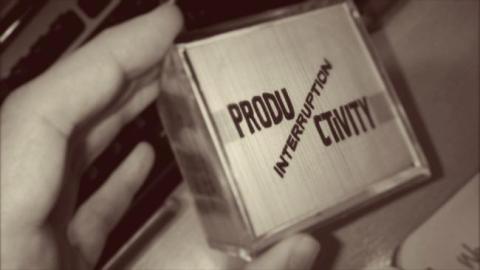As students we reach many thresholds: graduating high school, getting into college, getting into graduate school or medical school, completing our postdoctoral fellowship, residence, or internship. Many times, we spend a major portion of our time planning for the next threshold.
Expectations are a natural part of life and are important because they provide clarity, help provide direction, and offer ways for accountability to be maintained. Despite expectations being essential, they can be complex to navigate. Below are three components that can make expectations challenging:
The pandemic has brought with it numerous hours to fill with some otherwise atypical activities. Admittedly, I’ve found myself turning to streaming series/shows far too often. It has certainly served as distraction and respite from other challenges, but it also allowed me time to catch up on desired viewing. Brené Brown’s The Call to Courage video on Netflix was at the top of my list. (Full disclosure, the video has lots of storytelling at the beginning and research findings shared near the end). Dr.
“Be okay with being uncomfortable.” This is a quote that I read every day to remind myself that there may be days when I feel that I am not qualified enough to accomplish my goals. In my younger days, I was never afraid to experience things for the first time that were out of my comfort zone. Through life’s experiences, I saw self-doubt and imposter fears encroach on my fearlessness, and I had to develop strategies to work through these emotions.
While the past two years mark a time of profound loss, they also mark a time of extraordinary social transformation, particularly in the virtual realms. After the initial shock and grief that the world felt in lockdown, we collectively experienced the widespread rekindling of old hobbies, mass Twitter activism, many failed attempts to make Dalgona coffee, and a near-universal feeling of meh.

Recently, we received wellness tips from NIH Director, Dr. Collins. In case you missed it, you can check it out here. Part of that discussion revolved around how establishing a career in science and maintaining a healthy work-life balance can be stressful.

One of the most predictable workplace variables that successful scientists can learn to control for is an unexpected work interruption. These breaks in service can range from changes in staffing and equipment malfunctions to anticipated breaks in the work due to the economy and/or inclement weather. Naturally, during such events (predictable or not), you will experience a range of reactions including awkward excitement, anxiety, fear, panic, frustration, anger or even avoidance and denial.

During a recent OITE workshop on the topic of career planning, trainees from all levels described finding the job search process “scary” and had feelings of fear and stress regarding approaching the next steps.
I arrived at NIH in October 2015. I attended the workshop “English Communication for Visiting Scientists” (ECVS) workshop in February 2016 because, as non-native speaker, I wanted to improve my communication skills. I remember that I was afraid of asking my PI to sign the written consent I needed to register for it. I soon realized how unwarranted my fear was!

